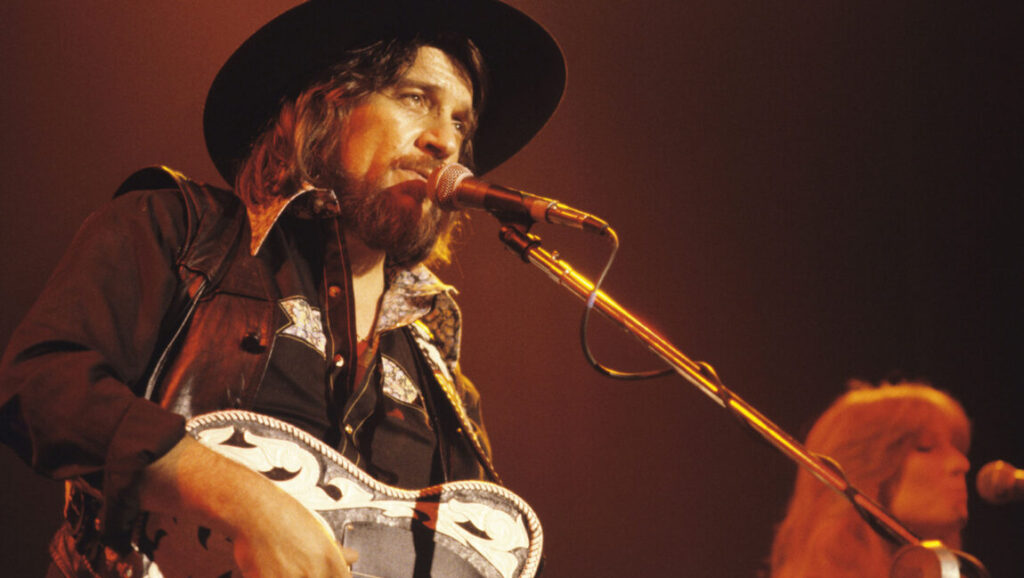
About the Song
Released in 1970 on his album Singer of Sad Songs, “Honky Tonk Women” sees Waylon Jennings turning the swaggering rock-anthem originally by The Rolling Stones into a country morale-tale with his own distinctive twist. While the Stones’ version throbbed with rock & roll bravado, Jennings approaches the song with his trademark outlaw country conviction—infusing it with honky-tonk flair, weary swagger, and unmistakable emotional depth.
From the first chord, Jennings grounds the tune in a more rural setting: the bar lights are lower, the guitars a little rougher, and the voice carries years on the road. He doesn’t merely mimic the original; he reimagines it—shifting the emphasis from the frisky lead of rock to the storytelling spirit of country. In his hands, the “honky tonk woman” becomes not just a wild partner in the night, but a symbol of the bar-town side of life: the joys, the losses, the regrets, and the midnight confessions you only admit when the lights go off.
Vocally, Jennings brings his baritone forward—strong, steady, and lived-in. He doesn’t belt the song like a rock star; instead, he narrates it. The phrasing is root-based, the delivery less about showmanship and more about sincerity. You feel like you’re Sitting in a smoky tavern watching one of the Texas tunesmith’s seasoned tales unfold.
Musically, the arrangement leans into its country mid-tempo groove. The slide or steel twang, the rhythm steady and spaced, the harmonies backing without distraction—all of it gives the track room to breathe. It’s less about the riff and more about the mood: the tension of a night that began in loose laughter and might end in silence.
For older listeners and Waylon’s dedicated fans especially, this version holds value beyond novelty. It shows Jennings embracing a song outside the typical country canon and making it his own—demonstrating his range, his willingness to cross boundaries, and the depth of his interpretive voice. It’s not just cover-culture; it’s identity.
In the broader arc of Jennings’ career, “Honky Tonk Women” stands as an interesting footnote: not the biggest chart hit, but a clear example of how he could bring authenticity to material that might otherwise feel foreign to him. In that sense, it’s very much Waylon: bold enough to tackle the unexpected, honest enough to make it matter.